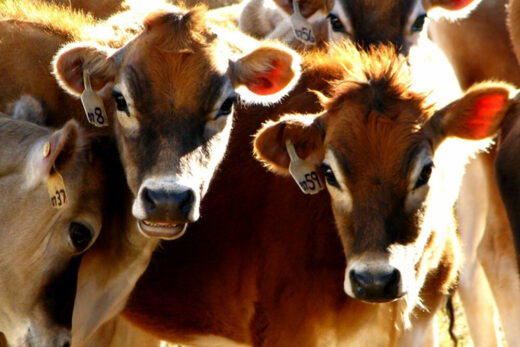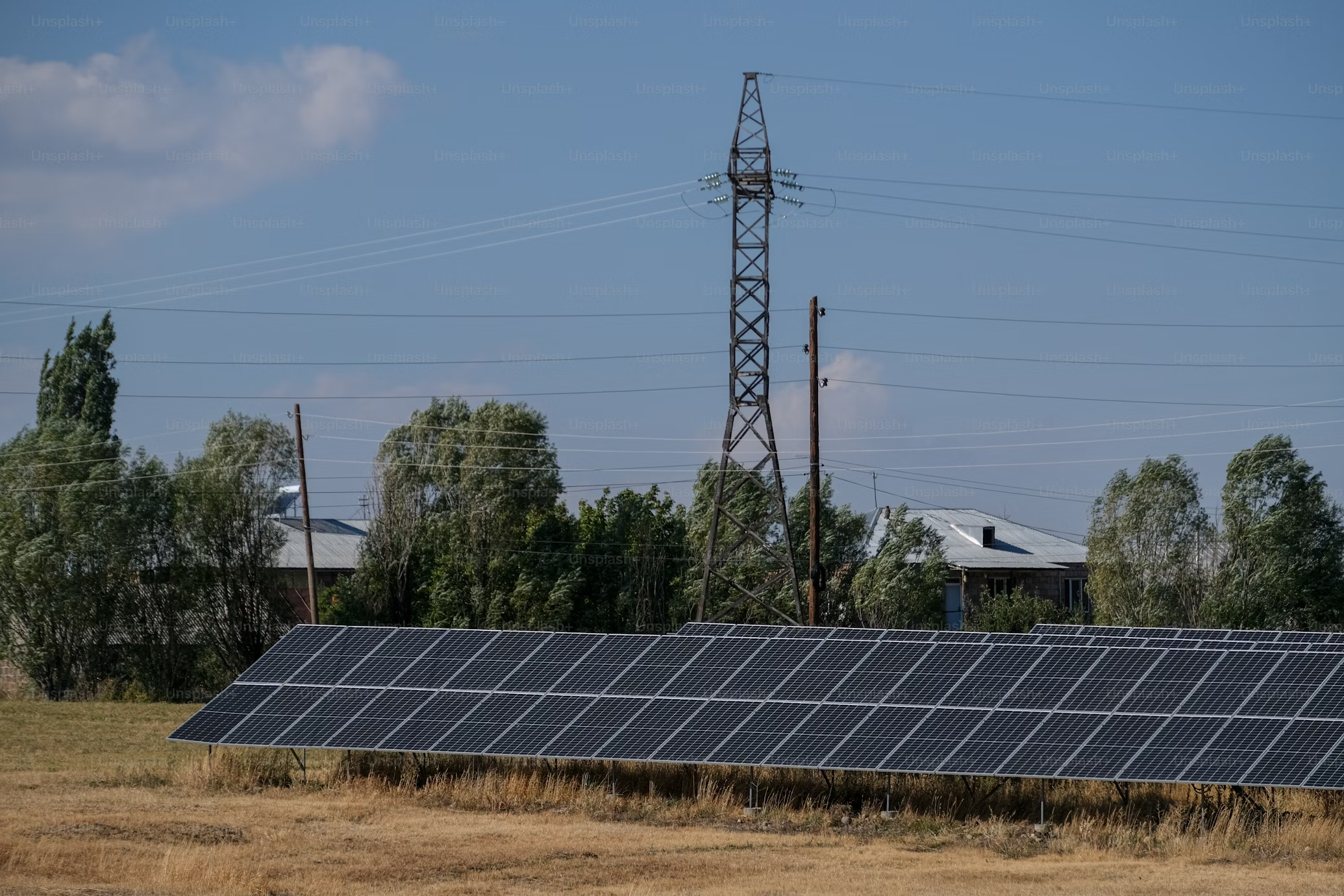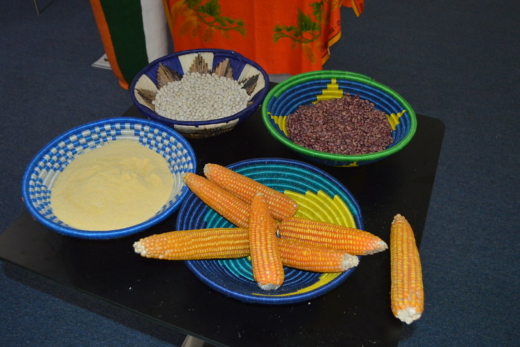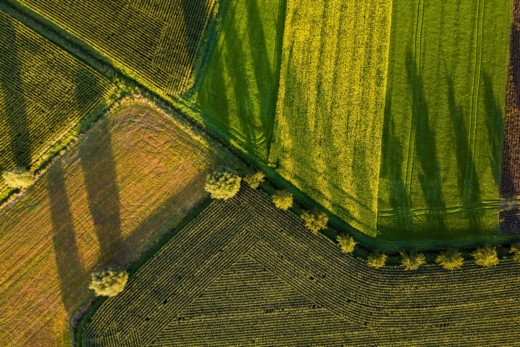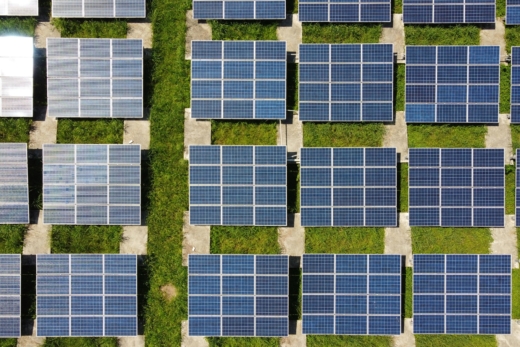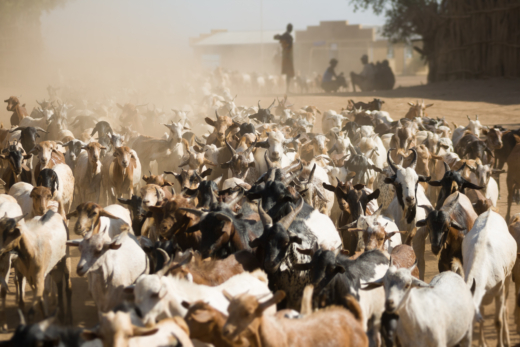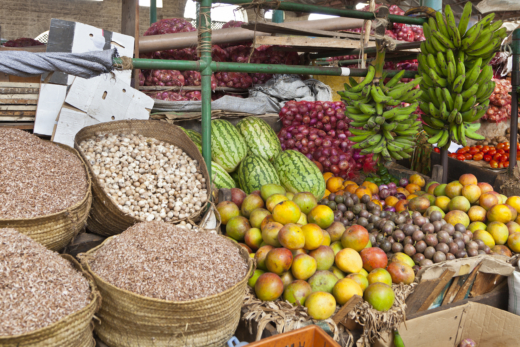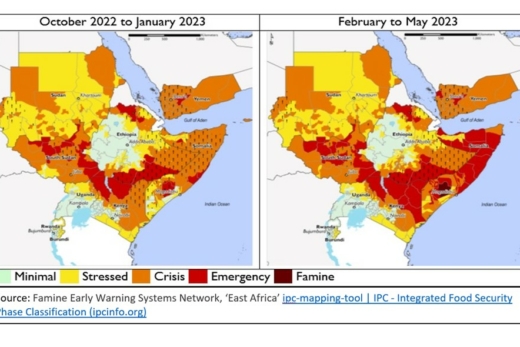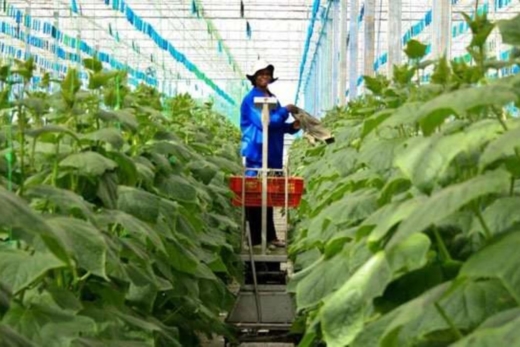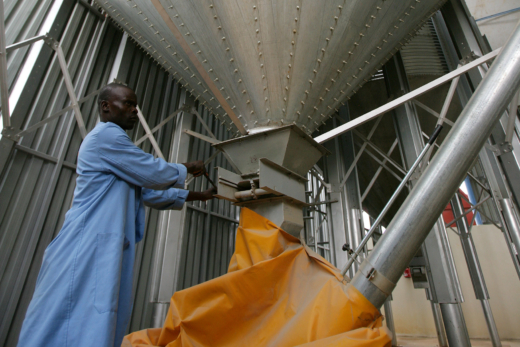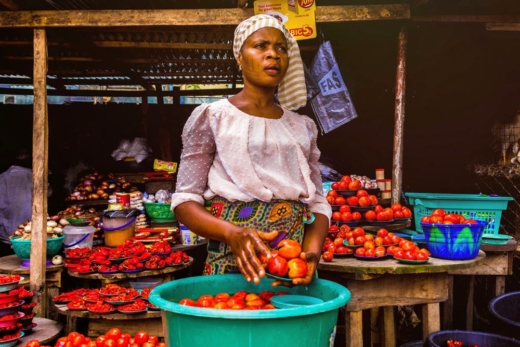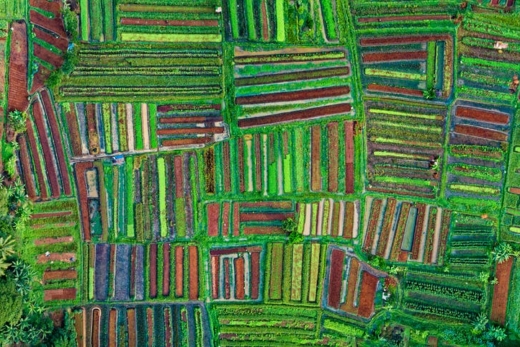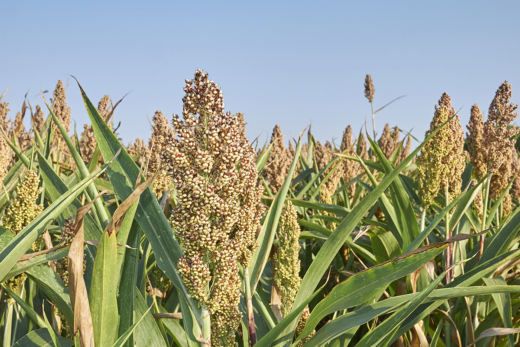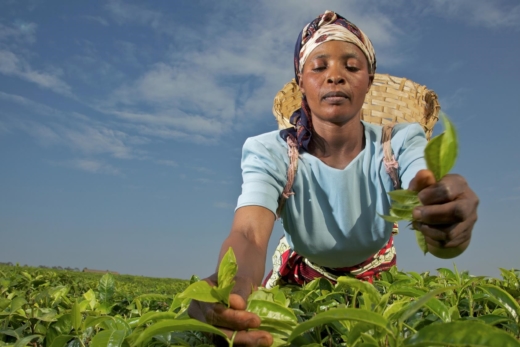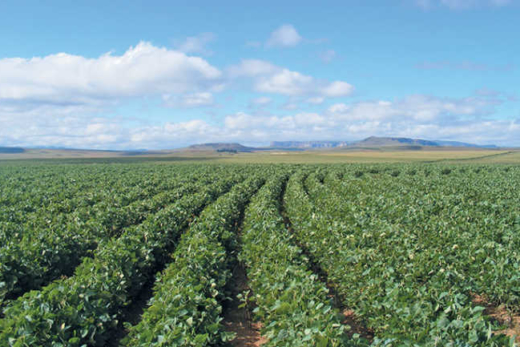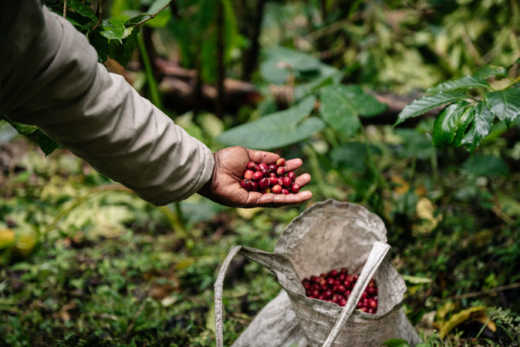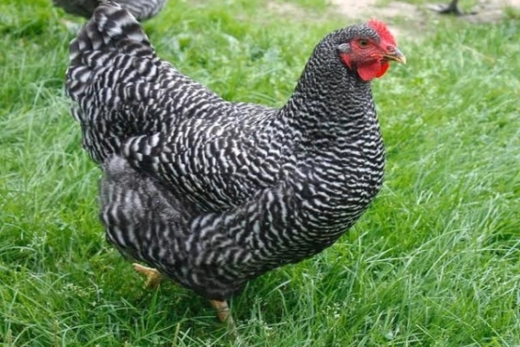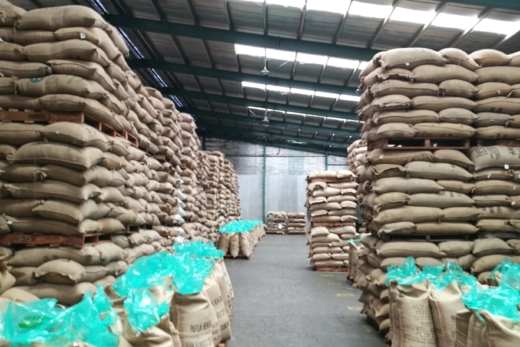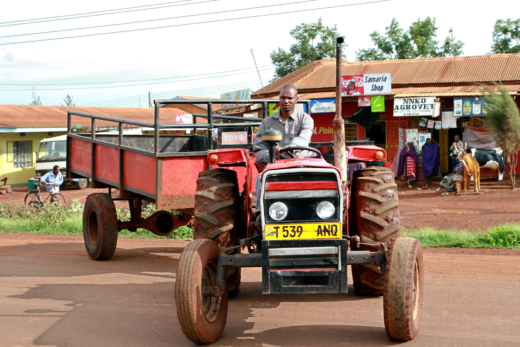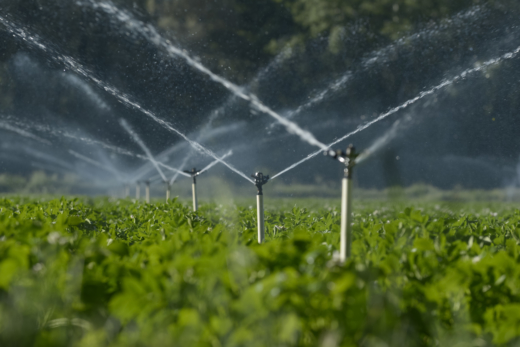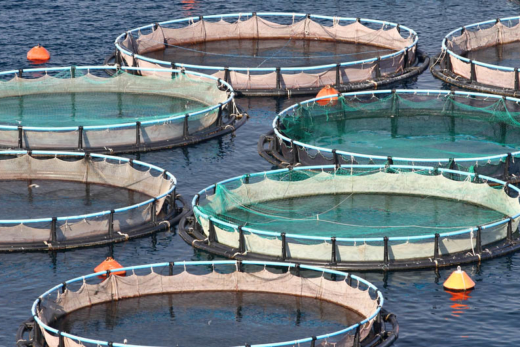
Case study
The Alliance for a Green Revolution in Africa (AGRA) is an organisation led and based in Africa. It works to put smallholder farmers at the centre of Africa’s growing economy by transforming agriculture from a solitary struggle to survive into a business that thrives. As most Africans work in agriculture, this is vital to ensure food security and drive equitable growth.
In 2017, AGRA introduced a five-year strategy with the aim of increasing the incomes and improving food security for 30 million farming households in 11 African countries by 2021. AGRA is well aware of the need for system-wide improvement in the performance of output markets for staple crops. So it is keen to restructure and align incentives along the staple foods supply chain and build the capacity of its players.
Aims of the project
AGRA commissioned Wellspring to distill learning from previous investments by donors in improving the performance of staple food markets. And to advise AGRA on business models and interventions it could adopt as part of its post-harvest and market access strategy.
What we did
In line with AGRA’s new strategy, Wellspring put forward an approach designed to transform African agricultural value chains into productive, efficient and sustainable supply chains by facilitating inclusive regional commodity markets.
We applied a markets systems development approach to analysing the grains subsectors (such as maize, wheat, sorghum and millet) at the heart of the food systems of many African countries. Grains tend to be seen as food (subsistence) crops rather than cash crops, yet they contribute substantially to GDP in many African regions. We identified the main challenges to be addressed in the food grains value chains and made recommendations for how AGRA can best support their transformation.
Insights and recommendations
We recommended that AGRA should look beyond small-scale farmers.It should also engage with large emerging medium-sized farms and traders, the agents and brokers, and large-scale traders, the processors and exporters who can act as anchor buyers to drive change. These companies canadopt improved production technologies and good agricultural practices. Their production and output marketing systems can also be integrated into that of the smallholder farmers, thus having a greater and more sustainable impact on production systems.
Using a ‘demand-pull’ approach that creates sustainable opportunities for farmers, AGRA can leverage these large anchor buyers to ease access to finance by SMEs and producer organisations.
We recommend that AGRA supports the development of structured trading systems between buyers and farmers in grain markets. It can do this by promoting the benefits of such systems and encouraging major companies – both trading and offtaking companies – to take part. We recommend providing technical assistance to market actors that occupy strategic positions in the target agricultural value chains and are willing to work with smallholder farmers and small and medium-sized enterprises in new ways.
We recommend that AGRA takes a holistic system-wide approach to improving the performance of output markets in staple crops. This is impacted by many actors and factors from anchor buyers and the general pull of the market to support industries, interconnected markets, agricultural trade policies and internal government capacity.
Recognising the importance of political commitment to agricultural systems change, we recommend fostering close, continual and long-term engagement with governments. And that it builds a small, highly skilled team to promote predictability of government interventions in grain markets.



